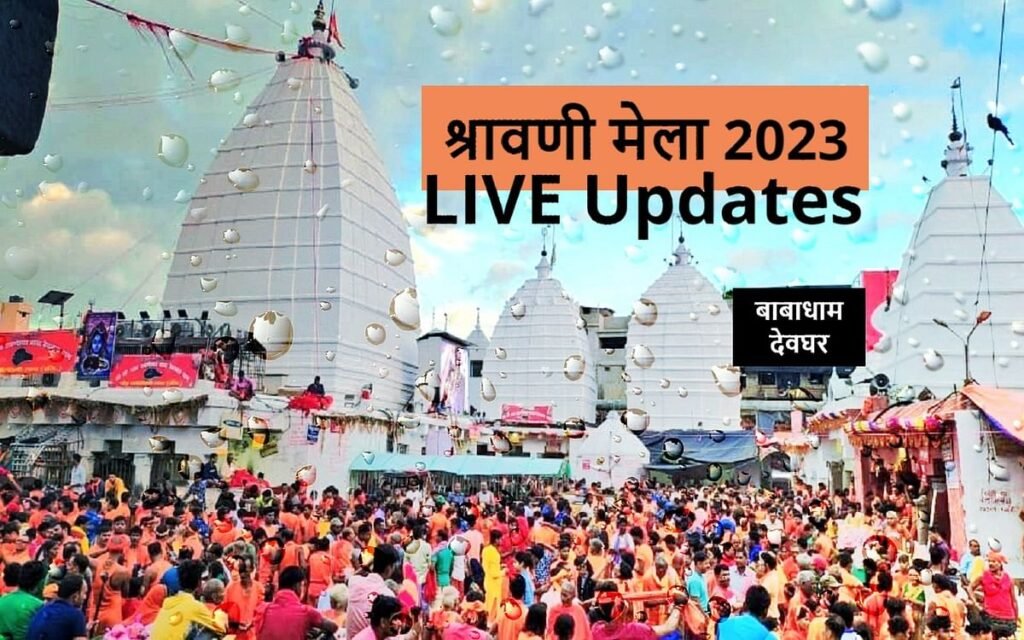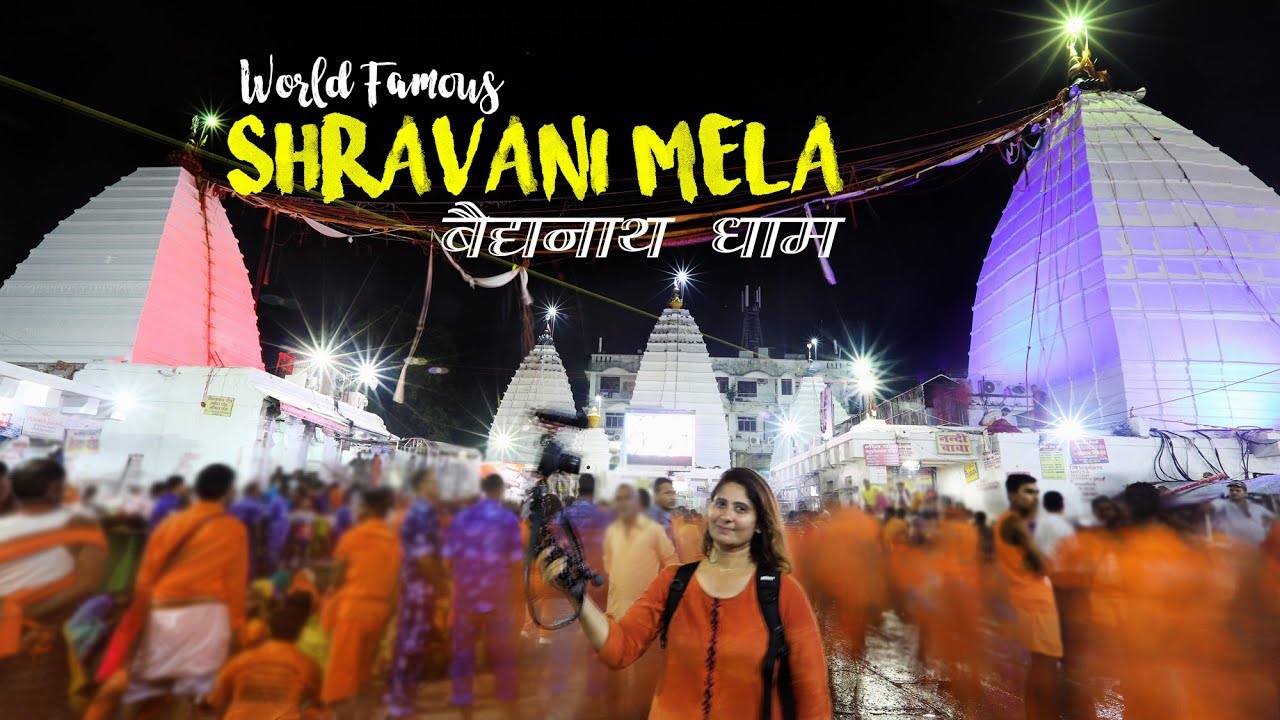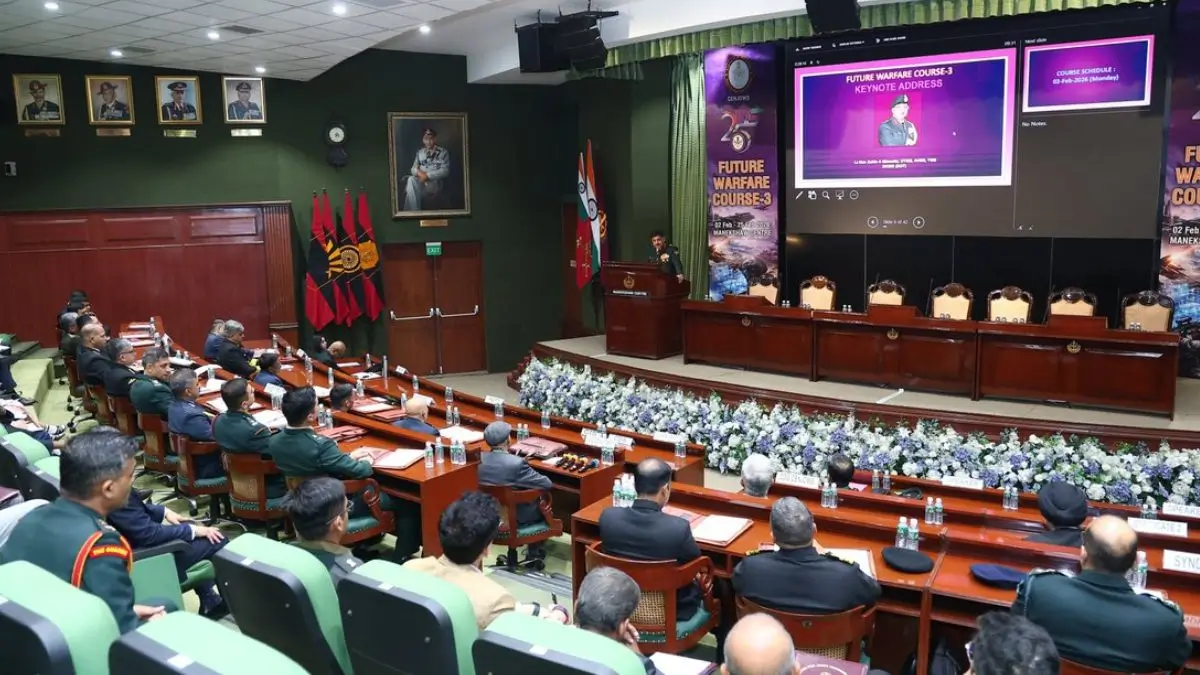World-Famous Shravani Mela Inaugurated in Deoghar: A Celebration of Faith and Devotion
The Shravani Mela, a renowned religious festival, commenced with great fervor and enthusiasm in Deoghar, India. This annual event attracts millions of devotees from across the country, transforming the small town into a bustling center of spirituality. With its rich historical significance and religious importance, the Shravani Mela holds great relevance for aspirants preparing for government exams, particularly those seeking positions in civil services, where knowledge of cultural and traditional events is essential.

Why this News is Important:
Cultural Significance and Traditions:
The Shravani Mela showcases the cultural heritage and religious traditions of India. It provides an opportunity for aspirants to deepen their understanding of the country’s diverse customs and rituals, which may be relevant in government exams where questions on culture and traditions are asked.
Devotional Practices:
By attending the Shravani Mela, devotees engage in intense acts of devotion, such as fasting, offering prayers, and participating in religious processions. This event offers valuable insights into the religious practices and beliefs that shape the social fabric of the country, which can be beneficial for aspirants preparing for exams that touch upon societal and religious aspects.
Economic Impact:
The Shravani Mela attracts a massive influx of pilgrims, leading to a significant boost in the local economy. It creates employment opportunities, stimulates businesses, and highlights the importance of tourism. Aspirants preparing for exams related to economics and tourism can gain insight into the economic impact of such religious festivals.
Historical Context:
The origins of the Shravani Mela can be traced back to ancient times, with references found in Hindu scriptures and epics. The festival is dedicated to Lord Shiva and celebrates the mythical episode of the ‘Samudra Manthan’ (churning of the ocean) when a pot of divine nectar emerged. The month of Shravan (July-August) holds immense significance in Hindu mythology, as devotees undertake a pilgrimage to various holy sites and offer prayers to Lord Shiva.
Key Takeaways from “World-Famous Shravani Mela Inaugurated in Deoghar”:
| Serial Number | Key Takeaway |
|---|---|
| 1. | The Shravani Mela is an annual religious festival in Deoghar, India. |
| 2. | It holds immense religious and cultural significance. |
| 3. | Devotees engage in various devotional practices during the event. |
| 4. | The festival has a positive economic impact on the local economy. |
| 5. | The event showcases interfaith harmony and cultural diversity. |
Important FAQs for Students from this News
Q: Why is the Shravani Mela significant for students preparing for government exams?
A: The Shravani Mela holds cultural and religious importance, and knowledge of such events can be relevant in exams that include questions on Indian culture, traditions, and festivals.
Q: How can knowledge of the Shravani Mela benefit students in their exams?
A: Understanding the historical context, cultural significance, economic impact, and interfaith harmony associated with the Shravani Mela can help students answer questions related to history, sociology, economics, governance, and tourism.
Q: What aspects of the Shravani Mela should students focus on for their exams?
A: Students should pay attention to the origins of the festival, its connection to Lord Shiva, the duration of the event, the economic impact on the local economy, and the promotion of cultural assimilation and interfaith harmony.
Q: How can the Shravani Mela be connected to topics like governance and administration?
A: The successful management of a massive gathering like the Shravani Mela requires efficient infrastructure, crowd control techniques, and disaster management strategies. Such aspects can be relevant in exams assessing knowledge of governance, administration, and public safety.
Q: What are the potential exam questions related to the Shravani Mela?
A: Exam questions may cover the historical significance, cultural practices, economic impact, interfaith harmony, tourism, governance strategies, and social implications of the Shravani Mela. Students should be prepared to answer questions on these aspects.
Some Important Current Affairs Links

















